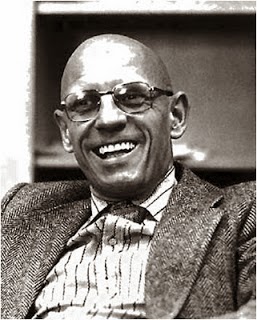First I look through the MLA database for accessible critical articles about the primary texts that we're reading. Then I have students sign up for individual articles.
Here is the handout I give them, explaining the requirements for the presentation.
Grade the Reading Assignment
For this "Grade the Reading" exercise, give a letter grade to the essay you are presenting for your homework assignment. Write down short answers to the following questions, which will help me and your classmates understand your overall judgment of the essay.
- Summarize the author's main argument. Do you think it is coherent? Is it persuasive? It can be hard to succinctly summarize a scholarly article, but try to do so in under 10 minutes.
- Does the article give you interesting new ways to think about the subject of the article?
- Does it give you interesting new ways to think about things beyond the subject of the article, like your own way of approaching literature?
- What questions still remain after you have finished reading? These could be questions you would like to ask the author if you could, or questions for your classmates about the ideas presented in the article.
The great thing about this assignment is that tricky third question. This has been an amazing way to get students to articulate basic literary theory even if they haven't yet developed the vocabulary for it.
My students have been able to articulate pretty clear definitions of theory such as deconstruction ("this article seems to be more interested in the gaps in meaning, the way that our constructions seem to fall apart, rather than trying building up one, definitive meaning"), psychoanalytic theory ("the author of this article has no problem using Freud to talk about Shakespeare because of the way that Freud justified his theories by looking to literature for certain hidden but 'universal' truths that last over time"), and new historicism ("the scholar's anecdotal examples from history tell us as much about our present time as they do about the time when the primary text was written").
It's a fun, sneaky way to get some literary theory into the classroom without any grumbling from the peanut gallery!

 RSS Feed
RSS Feed